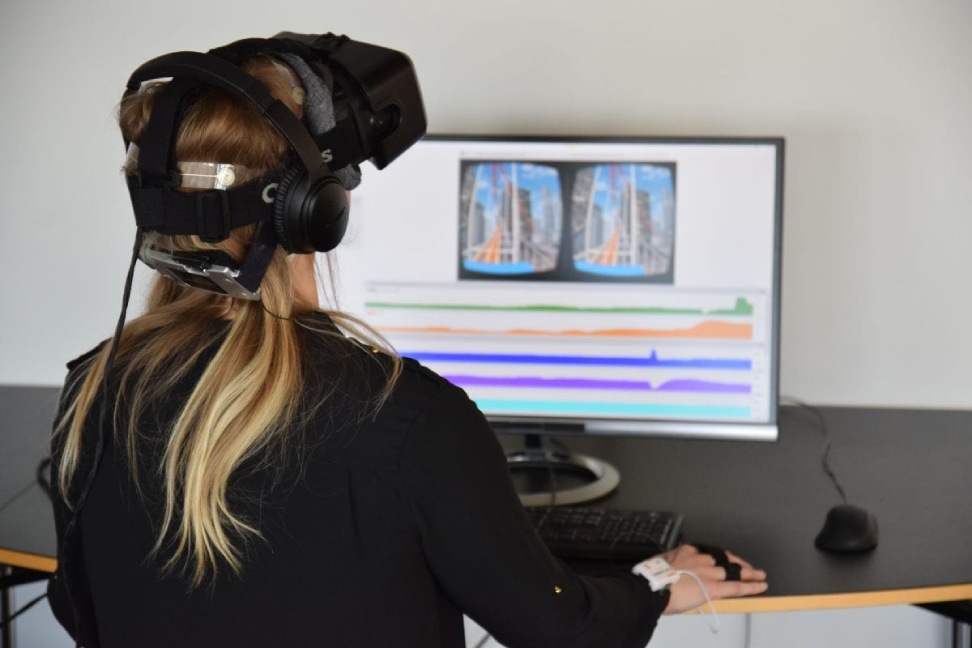King 567, Betbhai247, Apbook247: Virtual reality (VR) has revolutionized the way we experience digital content by immersing users in simulated environments. This technology uses headsets to transport individuals to a 3D world that can be interactive and often responsive to the user’s movements. By engaging multiple senses simultaneously, VR creates a sense of presence and can evoke powerful emotional responses from users.
The applications of VR are vast and varied, with industries such as gaming, healthcare, education, and entertainment all benefiting from this innovative technology. VR has the potential to offer simulated training experiences, improve therapeutic treatments, enhance learning outcomes, and provide unique entertainment experiences. As the capabilities of VR continue to evolve and become more accessible, its impact on society is likely to expand even further, shaping how we interact with digital content in the future.
Understanding the Impact of Immersive Experiences
Immersive experiences in virtual reality have the unique ability to transport users to different worlds and scenarios, allowing them to interact with their surroundings in a way that feels incredibly real. This level of immersion can evoke strong emotions and reactions from individuals, blurring the lines between what is virtual and what is real.
Studies have shown that immersive experiences in virtual reality can have a profound impact on individuals, influencing their thoughts, feelings, and behaviors. For example, exposure to virtual environments can lead to changes in perception, empathy, and decision-making processes, highlighting the potential of virtual reality technology to shape and influence human experiences in powerful ways.
Cognitive Processes in Virtual Reality
Apbook365, Apbook Login, Goexch777: Virtual reality (VR) technology has been revolutionizing various industries, offering users immersive and interactive experiences. When exploring the cognitive processes involved in virtual reality, it becomes evident that our brains are constantly adapting to this new form of stimuli. The integration of visual, auditory, and tactile sensations in virtual environments challenges our cognitive faculties, prompting quick decision-making and spatial awareness.
Moreover, studies suggest that virtual reality can enhance learning and memory retention due to its ability to create realistic and engaging simulations. The brain’s plasticity allows individuals to navigate through virtual scenarios, prompting active engagement and information processing. As users interact with virtual environments, cognitive processes are activated, leading to improved problem-solving skills and enhanced cognitive functioning.
What is Virtual Reality?
Virtual Reality is a computer-generated environment that can be explored and interacted with by a person, typically through the use of specialized equipment such as a headset.
How does Virtual Reality impact cognitive processes?
Virtual Reality can have a significant impact on cognitive processes by immersing users in realistic environments, which can enhance learning, memory, and problem-solving abilities.
What are some examples of cognitive processes in Virtual Reality?
Some examples of cognitive processes in Virtual Reality include spatial awareness, attention, decision-making, and perception.
Can Virtual Reality be used for therapeutic purposes?
Yes, Virtual Reality has been used in therapy to treat phobias, PTSD, anxiety, and other mental health conditions by providing a safe and controlled environment for exposure therapy.
Are there any potential risks associated with Virtual Reality?
Some potential risks of Virtual Reality include motion sickness, eye strain, and disorientation, especially for prolonged use. It is important to take breaks and use VR responsibly.
Additional:
- How To Start A Telemarketing Company?
- The Airlines Charging the Most Hidden Fees
- Which Web3 Job Should You Apply For? Top Web3 Jobs To Choose

